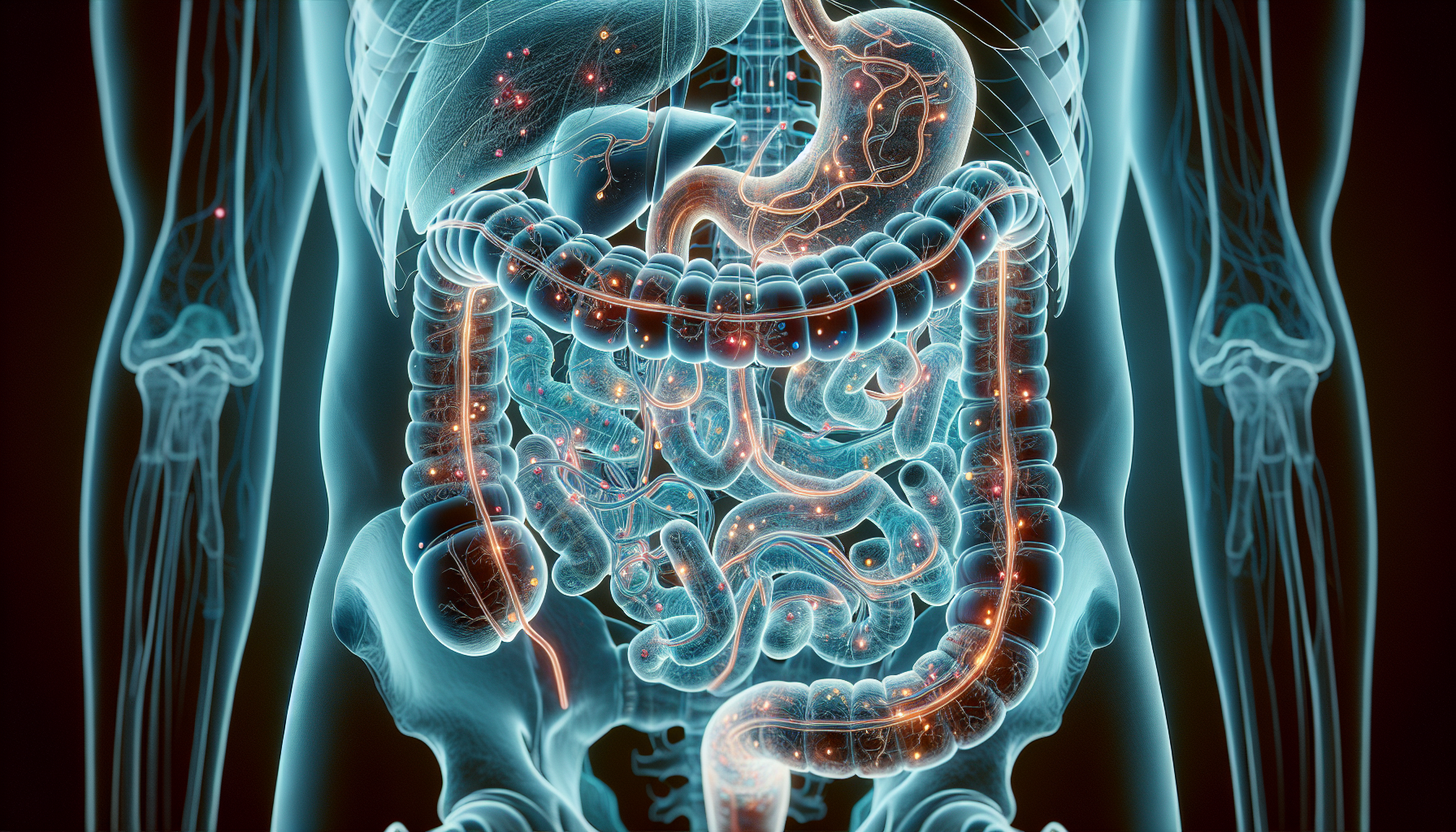Chronic dehydration is a prevalent health issue that often goes unnoticed but can have profound effects on various bodily functions, including the critical process of digestion. Understanding the role of adequate hydration in maintaining digestive health is essential for overall well-being. This article explores the multifaceted impacts of chronic dehydration on the digestive system and offers insights into how to manage and prevent its adverse consequences.
The Importance of Hydration for Digestive Function
Water is a vital component of the human body, facilitating numerous physiological processes. In the realm of digestive health, water plays a pivotal role in breaking down food, absorbing nutrients, and eliminating waste. When the body is deprived of sufficient water, these functions can be significantly impeded, leading to a range of digestive issues.
Digestive Enzymes and Hydration
Digestive enzymes, which are crucial for breaking down food into absorbable nutrients, require an aqueous environment to function optimally. Chronic dehydration can lead to a reduction in enzyme efficiency, thereby affecting nutrient absorption. This interplay between enzyme activity and hydration underscores the importance of maintaining a well-hydrated digestive system.
Water and Nutrient Absorption
The intestines are where the majority of nutrient absorption occurs. Water is essential here, as it helps dissolve soluble fibers and facilitates the smooth passage of nutrients through the intestinal walls into the bloodstream. Inadequate hydration can lead to diminished nutrient absorption, which may contribute to deficiencies and related health issues.
Bowel Regularity and Hydration
Water also keeps the contents of the gastrointestinal tract moving by softening stools and preventing constipation. Chronic dehydration can result in hard, dry stools that are difficult to pass, causing discomfort and increasing the risk of complications such as hemorrhoids and diverticulitis.
For a deeper understanding of digestive health and its maintenance, exploring Avix Health’s comprehensive guide on digestive health provides valuable insights and tips.
The Consequences of Chronic Dehydration on Digestion
Chronic dehydration can lead to a cascade of digestive problems, some of which are outlined below:
Gastric Ulcers
Dehydration can contribute to the development of gastric ulcers by diminishing the protective mucous lining of the stomach, making it more susceptible to the corrosive effects of stomach acid. Proper hydration helps maintain this mucous barrier, offering protection against ulcer formation. For more information on managing this condition, consider reading about Recognizing and Treating Symptoms of Gastric Ulcers.
Gut Flora Imbalance
The balance of beneficial bacteria in the gut, known as the microbiome, can be disrupted by chronic dehydration. The microbiome plays a significant role in digestion, immunity, and overall health. Hydration supports a healthy gut environment, promoting the growth and function of these beneficial microbes.
Acid Reflux and Heartburn
Dehydration can increase the likelihood of acid reflux and heartburn by decreasing saliva production, which naturally helps neutralize stomach acid. Additionally, insufficient water intake can lead to slower digestion, increasing the time food stays in the stomach and the potential for acid to back up into the esophagus.
Strategies for Preventing Dehydration-Induced Digestive Issues
Preventing dehydration is key to avoiding its negative impact on digestive health. Here are some strategies to ensure adequate hydration:
Monitor Fluid Intake
Aim for at least 8-10 glasses of water per day, though individual needs may vary based on factors like climate, activity level, and overall health. Beverages like herbal tea and water-rich foods such as fruits and vegetables can also contribute to hydration.
Recognize Dehydration Symptoms
Common signs of dehydration include thirst, dark urine, fatigue, dizziness, and dry mouth. Being aware of these indicators can help you take timely action to rehydrate.
Prioritize Hydration
Make hydration a daily priority by carrying a water bottle, setting reminders to drink, and including hydrating foods in your diet. Understanding the Role of Sleep in Digestive System Repair can also enhance your approach to overall digestive health, as quality rest is crucial for the body’s rehydration and repair processes.
Supporting Resources for Further Reading
To expand your knowledge on the topics discussed, consider these additional high-quality resources:
- An in-depth exploration of water’s role in biochemical processes can be found in the scientific article titled Hydration and Enzymatic Activity, which delves into the relationship between water molecules and enzyme function.
- The Mayo Clinic offers a comprehensive overview of the importance of water in the diet, including its effects on digestion, which can be accessed at Mayo Clinic: Water, Essential to Your Body.
- For a deeper dive into the relationship between hydration and the microbiome, the research article Hydration and the Human Microbiome provides valuable insights.
By understanding and addressing the effects of chronic dehydration on digestive health, individuals can take proactive steps to enhance their digestive function and overall health.



